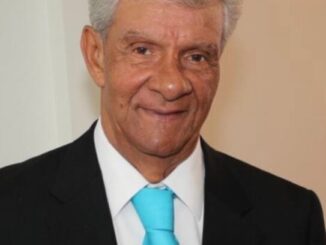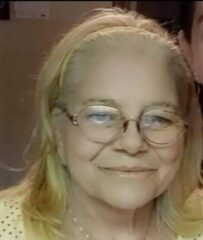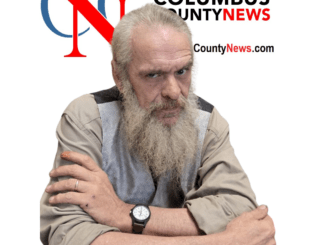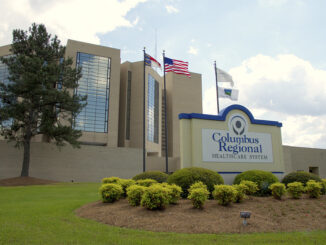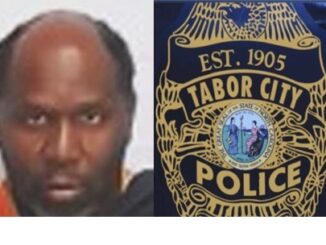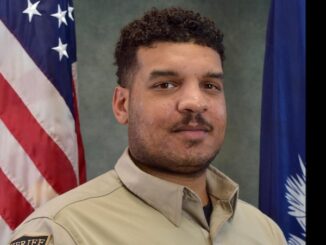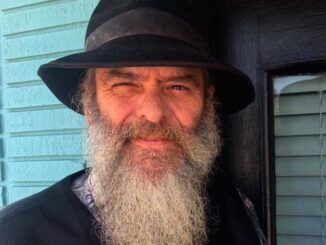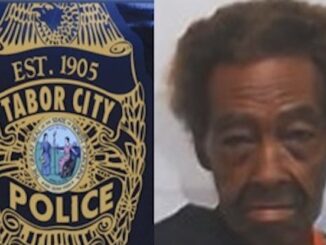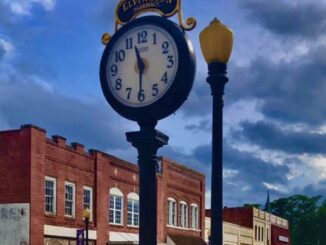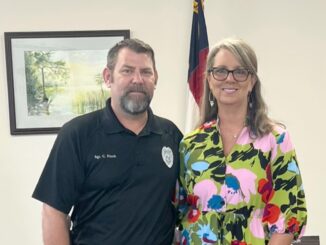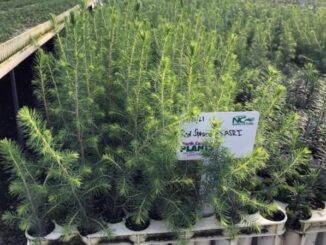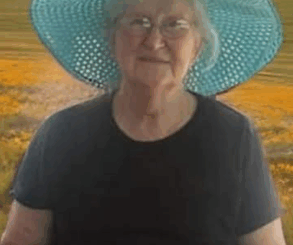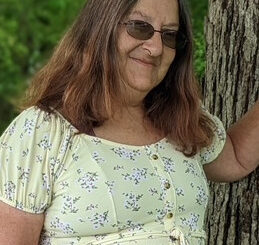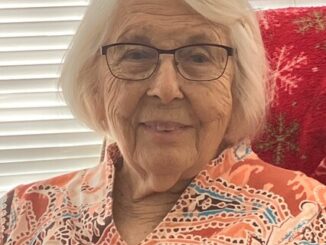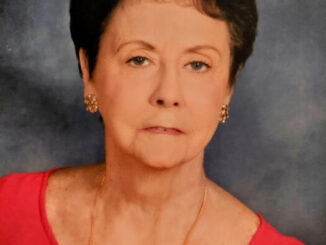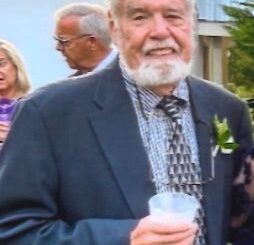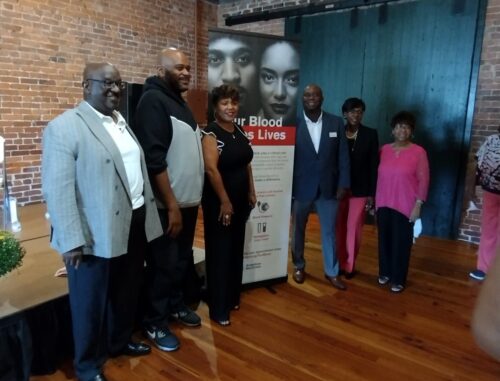
American Idol veteran Ruben Studdard made a guest appearance at Vineland Station in Whiteville on Thursday to bring awareness about sickle cell disease.
The celebrity spoke about his mother and her work with the disorder, and how she inspired him to give back to the community even before his rise in fame.
“My mother always says take care of others, and they will take care of you. I have found this to be true,” said Studdard.
Thursday’s event was a cooperative effort between Columbus Regional and N.C. Project Lean.
The singer says even though he is not directly affected by the anemia, he has close friends whose child suffers from the illness.
“I sit and watched this little girl’s father on the phone with her while she was in the hospital. He just broke down crying. It was hard to watch,” he explained.
Sickle cell is an inherited disease that causes red blood cells to be rigid and sickle shaped instead of soft and round. As a result, blood has difficultly flowing smoothly carrying oxygen to the rest of the body. The disorder causes severe pain, organ damage, and possible stroke.
Thelma Jenkins of the Lower Cape Fear YWCA and Allen Mason of the North Carolina branch of the American Red Cross also joined Studdard on stage.
Mason stressed the importance of blood donation by the African American community because sickle cell patients rely on it for treatment of the disease.
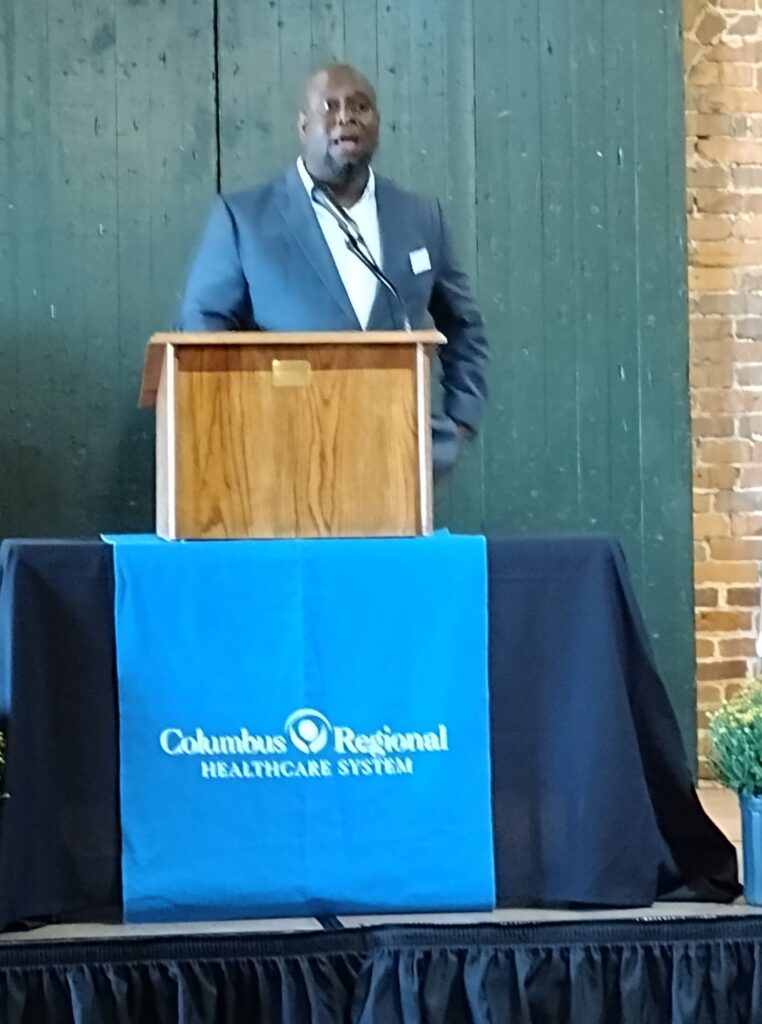
“Donors who have the necessary characteristics in their blood to treat sickle cell disease have the power to help save lives,” said Mason. “At the last blood drive I attended, we collected several thousand donations. Only 10 percent of those could be used for sickle cell patients in our local hospitals.”
According Mason, studies show that blood from people of the same race of the patient result in better health outcomes. Over 99 percent of those diagnosed are of African descent.
He also encouraged the church groups and organizations who attended the summit to take his business card, reach out to their members, and hold drives for the cause.
Some members had questions about giving blood due to health problems or pre-existing conditions.
“I’m a diabetic, and I donate,” Jenkins reassured the crowd.
Speakers also eased concerns about collection from those who carry sickle cell trait.
“I have sickle cell trait, and I am able to give blood,” said Mason.
The representative also explained that if you become a donor, and you carry the trait, you will be notified by the Red Cross when your blood is tested.
To find out more about how you can help donate blood or if your interested in holding a drive at your organization, please visit www.redcross.org, or call 1.800.RED.CROSS.



